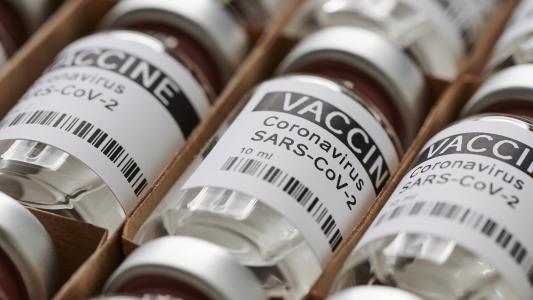More than 10,000 employees of Major League Baseball have voluntarily joined the largest coronavirus antibody study in the United States — and their contributions could expedite the end of widespread lockdowns.
“Is this (study) directly going to help baseball get back? No,” Daniel Eichner, one of the researchers behind the coronavirus antibody study, told the Wall Street Journal. “It’ll help everyone get back to work. The data will help everyone try to get back.”
Tracking the Spread of COVID-19
Whenever the immune system encounters a new antigen, such as a virus or bacteria, it responds by creating antibodies, blood proteins designed to identify and attack the antigen if it ever infects the body again.
If a person has antibodies for the novel coronavirus SARS-CoV-2 in their blood, then, it means the virus has already infected them and they now have some level of immunity to it.
Once enough people have these antibodies, the virus will start to run out of new people to infect. At that point, herd immunity will be established, and officials may be able to safely begin lifting restrictions.
The problem is that we don’t have any way of knowing what percentage of the population has these antibodies. Because many people who catch the coronavirus don’t experience symptoms, they never get tested and are never diagnosed with COVID-19.
That’s why this massive coronavirus antibody study could prove to be a gamechanger in the fight against the coronavirus.
“This will be the first time we will be able to see how truly prevalent COVID-19 has spread throughout the United States,” Stanford University researcher Jay Bhattacharya told The Athletic.
The Coronavirus Antibody Study
The coronavirus antibody study started at Salt Lake City’s Sports Medicine Research and Testing Laboratory (SMRTL), one of two labs in the U.S. accredited by the World Anti-Doping Agency to test athletes for performance-enhancing drugs.
With nearly all sports on indefinite hold, Eichner, SMRTL’s president, decided to pivot his attention toward the fight against the coronavirus.
Armed with 15,000 test kits he purchased from Minneapolis’s Premier Biotech, Eichner reached out to the MLB to see if it would be willing to participate in a large-scale coronavirus antibody study — and 27 of the 30 teams in the league agreed.
This will be the first time we will be able to see how truly prevalent COVID-19 has spread throughout the United States.
Jay Bhattacharya
After that, Eichner enlisted the help of Bhattacharya and other researchers from Stanford University and the University of Southern California. In March, they shipped 10,000 of the test kits to the MLB teams so that they could distribute the kits to their employees.
“We’ve got all the way from team owner all the way down to hot dog sales, and everything in between,” Eichner told CNN. “That’s really important for us is that we get a wide spread of the general population when we do this study.”
Once they had the kits, the employees could conduct the coronavirus antibody tests right in their own homes, pricking their fingers for a drop of blood and then sending photographs of the test results to the researchers electronically.
The whole testing process takes about 15 minutes, and the researchers expect to have all of the results by April 17. They then plan to have a paper ready for release the following week — an incredibly fast turnaround time for a study of this magnitude.
“This kind of study would have taken years to organize outside of this setting,” Bhattacharya told the New York Times. “With the help of MLB, we’ve managed to do this in a matter of weeks.”
